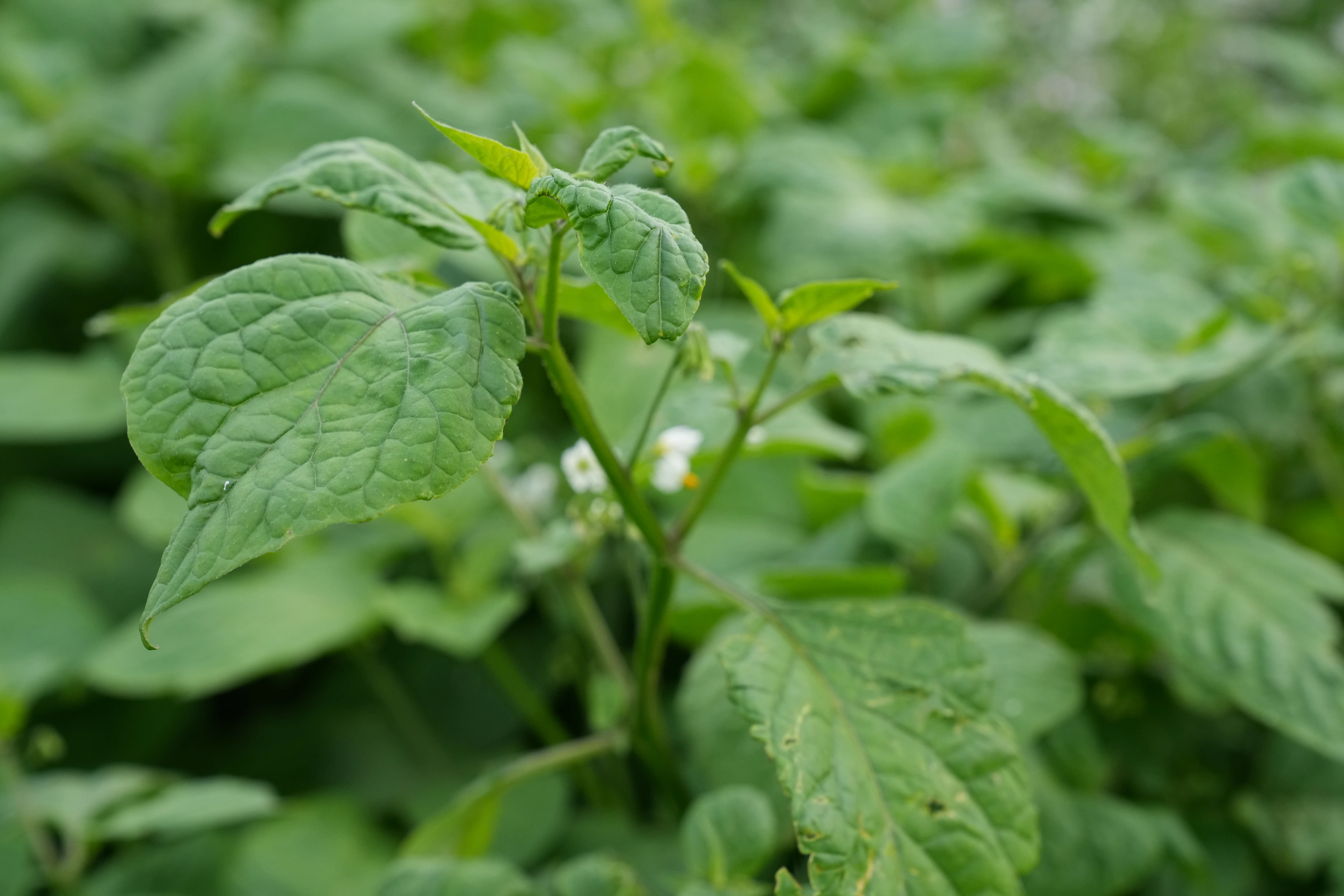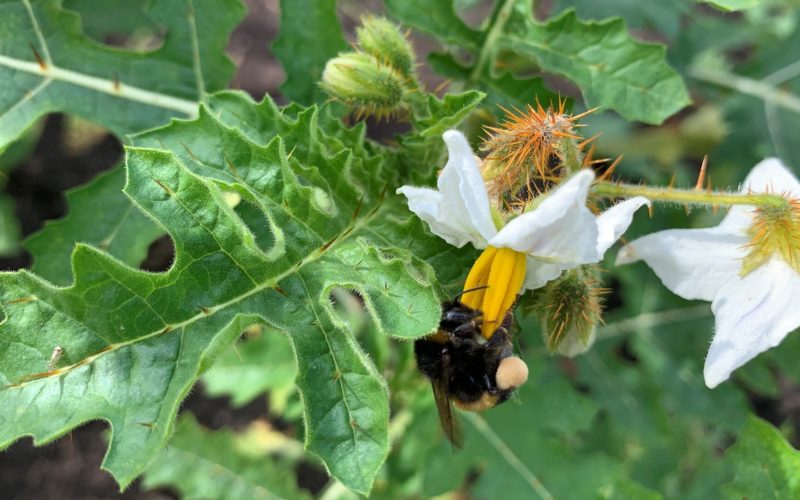Among the challenges faced by potato farmers, Potato Cyst Nematodes (PCN) stand out as a major issue, causing significant losses across the UK.
To address this threat, a groundbreaking initiative backed by DEFRA and Innovate UK is delving into the realm of trap cropping, aiming to revolutionise pest management strategies.
The Effect of PCN
Trap cropping, a technique involving the strategic planting of certain crops to divert PCN away from potatoes, has gained attention as a potential solution. By stimulating PCN to hatch at a different point in the rotation, mature female nematodes are prevented from completing their lifecycle, thereby reducing their impact on potato crops.
A consortium of project collaborators including Produce Solutions, the UK Agri-Tech Centre, Harper Adams University and VCS Potatoes, alongside several progressive potato growers, is spearheading efforts to refine and optimise trap cropping practices, with the goal of unlocking the full potential of DeCyst™ solanaceous trap crops, specially tailored to outmanoeuvre PCN infestations.
Dr. Matthew Back of Harper Adams University said:
“PCN is the most prevalent potato pest in the UK. Infestation can mean yield losses of up to of 80% and is estimated to cost the GB potato industry a huge £25.9 million each year. As crop protection chemistry such as nematicides are revoked, and control measures limited, growers have to investigate alternative methods such as trap crops, to ensure a viable future for potatoes within their rotations.”
Central to the project’s success is the evaluation of three solanaceous trap crops – solanum sisymbriifolium (DeCyst-Prickly), solanum scabrum (DeCyst-Broadleaf), and solanum chenopodioides (DeCyst-Podium). Through systematic testing and analysis, researchers aim to identify the most effective species and develop precise agronomic guidelines for optimal PCN suppression.

James Lee of Produce Solutions said:
“We need all the tools available to us to control PCN, particularly if we lose a further nematicide option, and adoption of solanaceous trap crops could mean an increase in resilience and maintenance productivity for the UK potato industry. An additional benefit is that they add organic matter and increase carbon storage because they are chopped and incorporated into the soil. This is especially important given the move to more regenerative farming systems and emerging carbon markets.”
Dr. Alex McCormack, Field and Veg (Agronomy) Specialist at the UK Agri-Tech Centre, commends the collaborative efforts driving the project:
“It has been great to support the consortium and help them to navigate the grant call and application, enabling them to build upon their previous AHDB and Innovative Farmers Fieldlab.”
For more information about this project, contact the UK Agri-Tech Centre at [email protected].
